The stigma attached to mental health in India may not be surprising to many of us. Time and again, we have heard of multiple incidents wherein seeking help is linked with shame or weakness, denying people of the professional support they need and deserve.Although more people are actively seeking support today, there still exists a sense of dishonor that comes with seeking psychological help. The lack of conversation regarding mental health, leaves many in a certain grey area with a general lack of clarity of this sphere and an unawareness of what therapy really is, how to find a good therapist and what to expect from it.
So, here’s your friendly neighborhood mental health ally trying to pass on some information to replace that misinformation you may have picked up through different sources such as family, friends and media to name a few.
The Family Man is a series on Amazon Prime that has gained recognition recently and we’d like to express our thoughts on the portrayal of therapy in the series. The way that therapy has been exhibited on this series is not real, but is also real. What we mean is that the series hasn’t documented therapy for what it is, but has confirmed the sad reality of what mental health looks like in the country.
With that being said, we must also acknowledge the therapists who have been trying to make a difference in the mental health discipline. How do we differentiate ‘good’ therapists from therapists?
Let’s dive right into it, shall we?
8 things to expect from a good therapist Vs the sad reality
1. What to expect: Therapeutic relationship
A good therapist:
- Initiates a relationship with their clients and builds rapport in order to create a comforting environment that allows clients to express their thoughts and emotions, while feeling safe in doing so.
- Senses client’s discomfort and makes sure to address it to help them feel at ease.
- Does not place pressure on their clients to respond to something they may not be ready to respond to yet and allows clients to take things at their own pace. No rush and definitely no intimidation.
Sad reality: The spotter
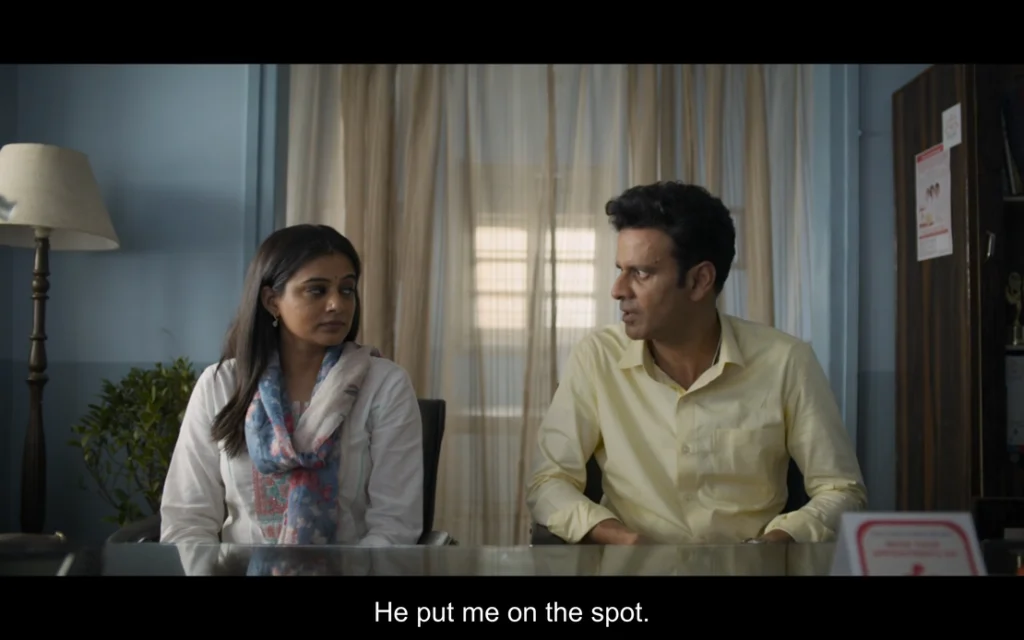
2. What to expect: Value for money
A good therapist:
- Has fixed rates for their services.
- Sometimes even provide sliding rates to those in dire need of professional support and to those of whom therapy may not be as accessible.
- Does not allow their personal feelings to influence the way they charge their clients.
Sad reality: The gambler

3. What to expect: Guidance
A good therapist:
- Actively listens to their clients i.e they not only listen to what clients have to say, they make sure to understand it too.
- Does not make decisions for their clients and does not push clients in the direction of their opinions concerning the issue at hand.
- They provide the tools and resources to help their clients make informed decisions and often take the back seat. This is to empower the client’s decision-making skill.
Sad reality: The teller
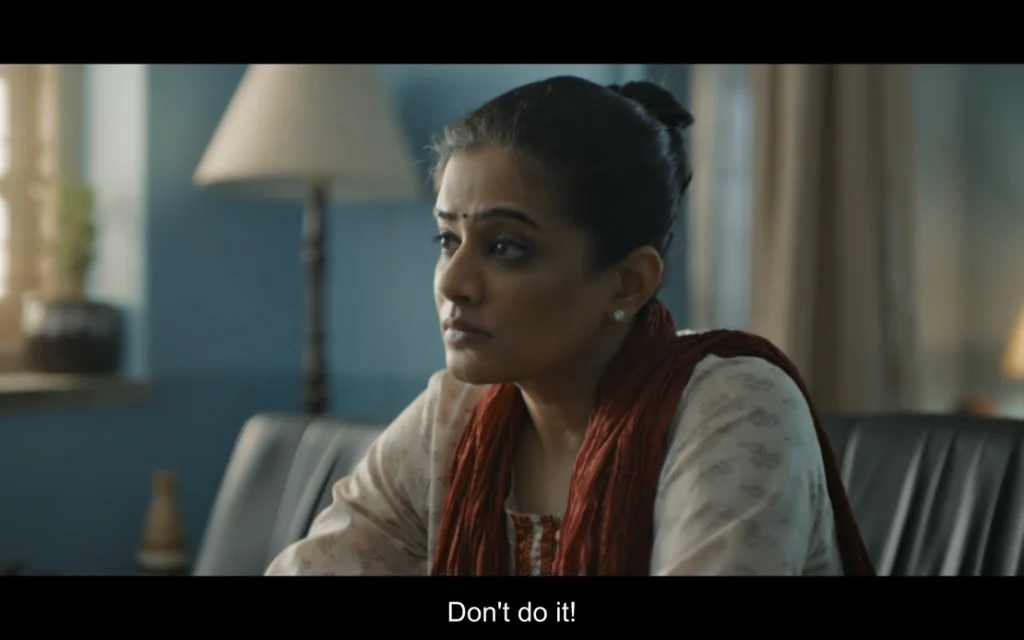
4. What to expect: Objectivity
A good therapist:
- Always focuses on their client and assists them to gain insight on their previously unnoticed patterns of behaviour.
- Does not make comparisons between their lives and that of their clients. Instead, encourage them to make their own decisions, especially those that impact their lives immensely.
- May not provide advice, but if they do, they do so in moderation. That is, they may share their opinions or thoughts when appropriate, but do not tell them what to do. It is more of a feedback and less of a unidirectional advice.
- May share their personal experiences only to empathize with their clients and validate their experiences, not to suggest a decision that they think their client should make based on their past experiences. They also do not spend a huge chunk of time in self-disclosure.
Sad reality: The know it all
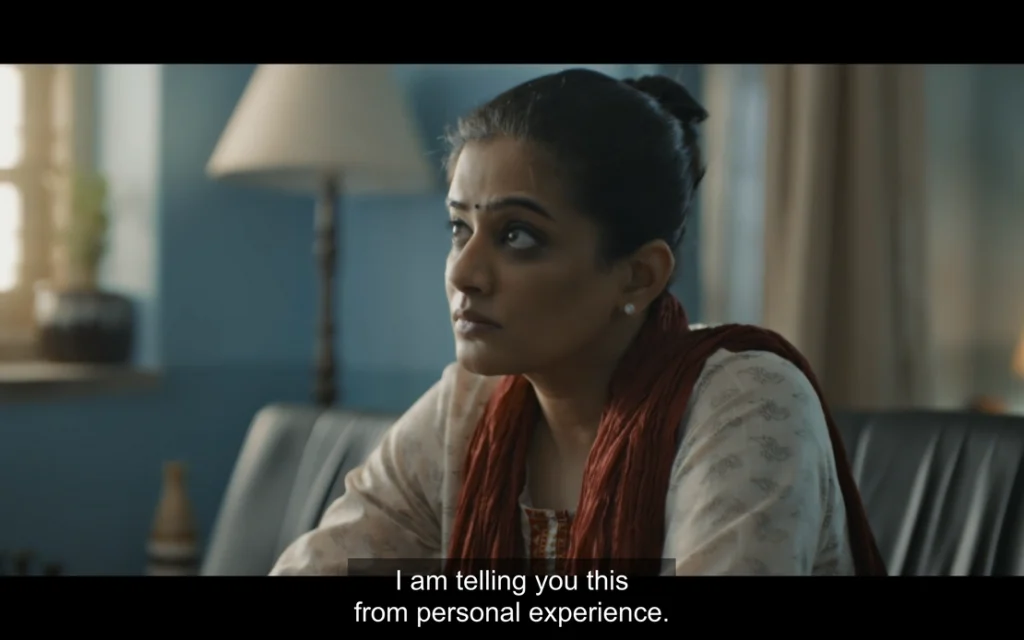
5. What to expect: Support and acceptance
A good therapist:
- Respects the client’s choices and promotes their agency.
- Incase of irrational decision making (not in the client’s best interest), may step in to point it out respectfully without being harsh or insensitive.
- Does not predict the outcomes of their client’s choices.
Sad reality: The fortune teller
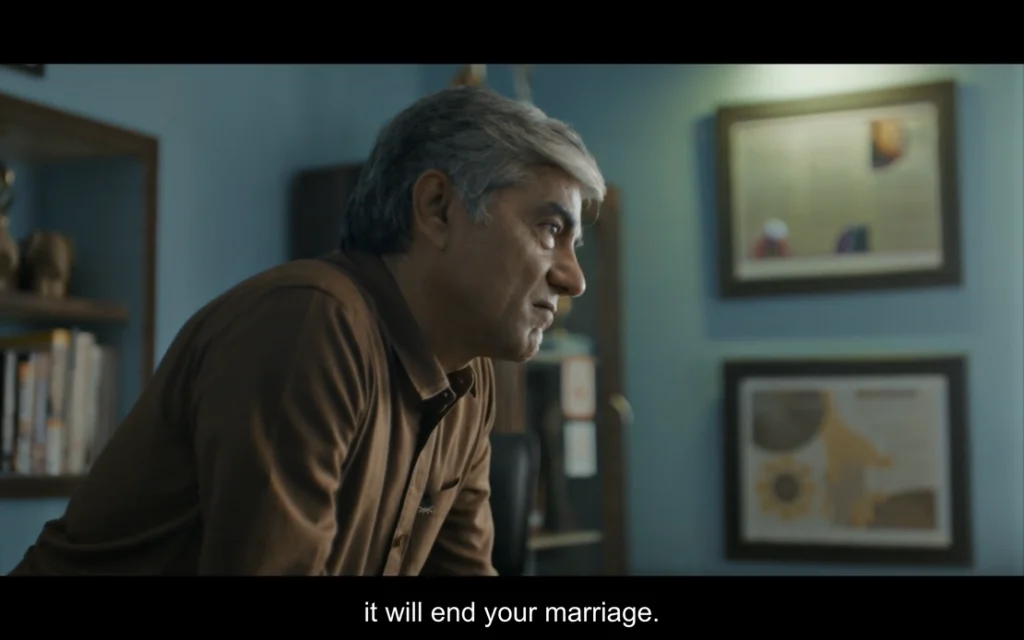
6. What to expect: Validation
A good therapist:
- Empathetically listens to their client’s experiences and feelings without dismissing them.
- Never invalidates their client’s feelings irregardless of the number of times it may have been discussed before.
- May only interrupt a client to help them give direction to their thoughts.
- Acknowledges their clients without passing judgements like disapproval.
Sad reality: The dismisser
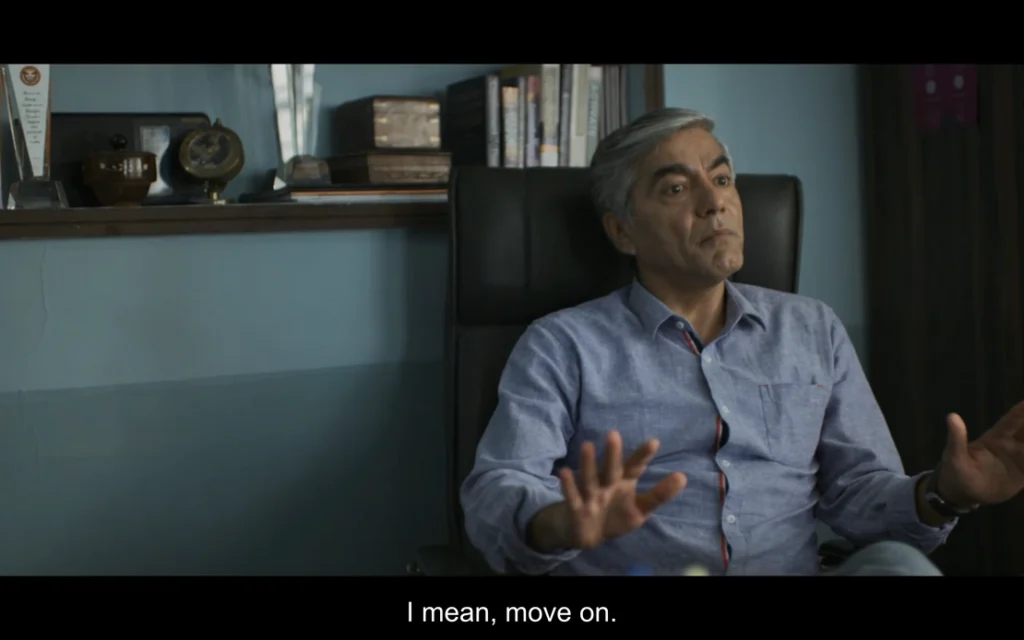
7. What to expect: Factual communication
A good therapist:
- Provides information that is relevant to their client and their circumstances.
- Does not compulsively respond with proverbs without context.
- May only state quotes that have scientific backing or experience (for example, quotes from psychology pioneers) to provide perspective to their clients.
- Is definitely not the human version of Google quotes.
Sad reality: The quoter

8. What to expect: Absence of apparent hierarchy
A good therapist:
- Enables clients to communicate without barriers.
- Do not speak from a position of authority and do not misuse their power.
- Interrupts their clients only when necessary, for example to help them regroup their thoughts or emotions when they are overwhelmed.
Sad reality: The “counselor” card
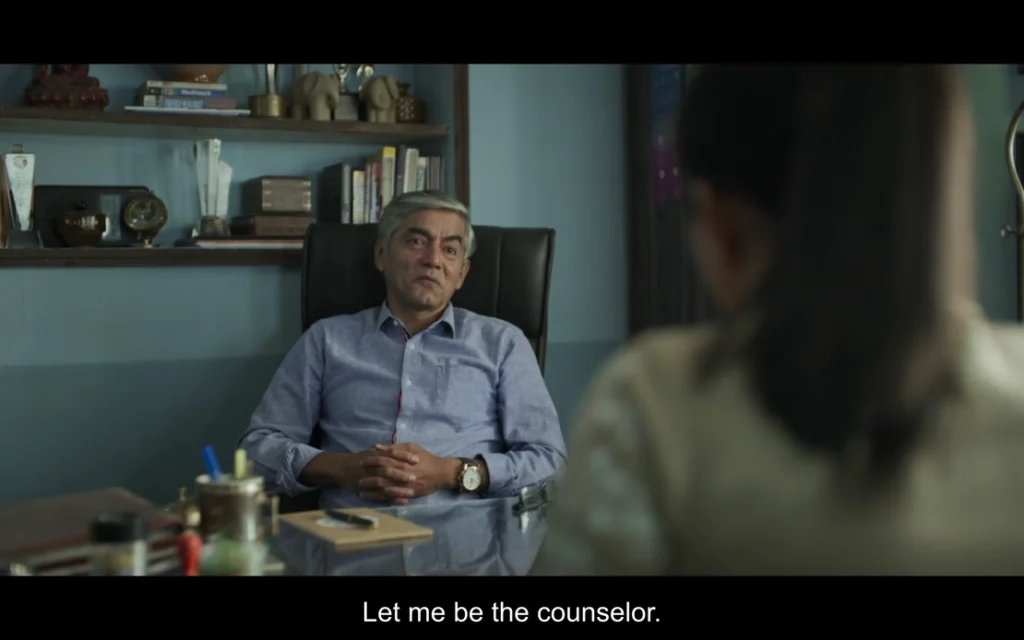
Hard to swallow pill: Despite the fight against the taboo surrounding mental health, many therapists and other mental health professionals continue to provide incompetent services that may not be benefiting their clients and paint a wrong picture of what therapy really is.
And, with the lack of awareness concerning mental health and therapy, it is not likely that clients identify their ‘bad’ therapist. This is yet another sad reality portrayed in the series. The actor, despite being a psychology professor, is shown to be unaware of her ‘bad’ therapist.

This is also a reality check; if those who have access to psychology as a subject are unable to recognize good therapists from the others, then imagine the naivety of the rest of the people?
On that note, we hope that you now have some points of reference when looking out for a good therapist. Although, it is also important to acknowledge the fact that therapy is not a ‘one fit for all’ solution to distress and diminishing mental wellbeing. So, make sure to identify what you are looking for in your therapist, to find a right fit for you. Establishing your expectations from therapy with your therapist, before you begin a session may allow the therapist and you to align your goals for the session(s).
Reminder: Seek help, but seek informed help.




